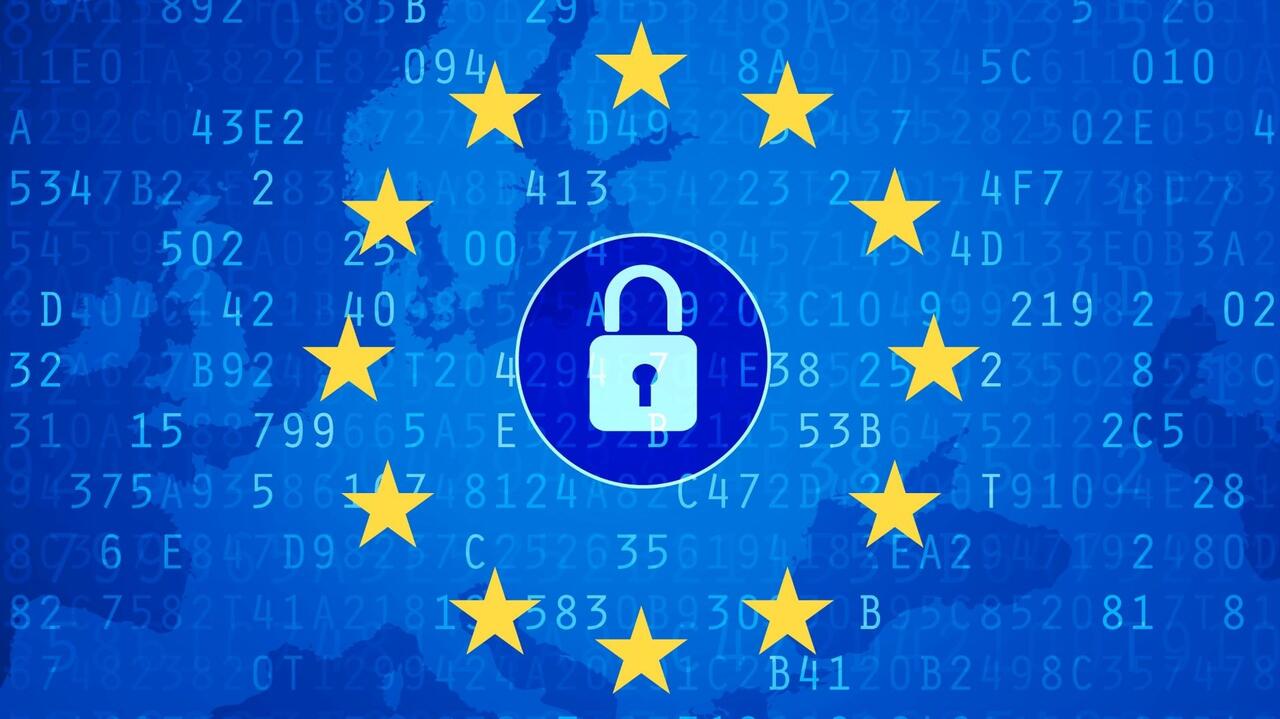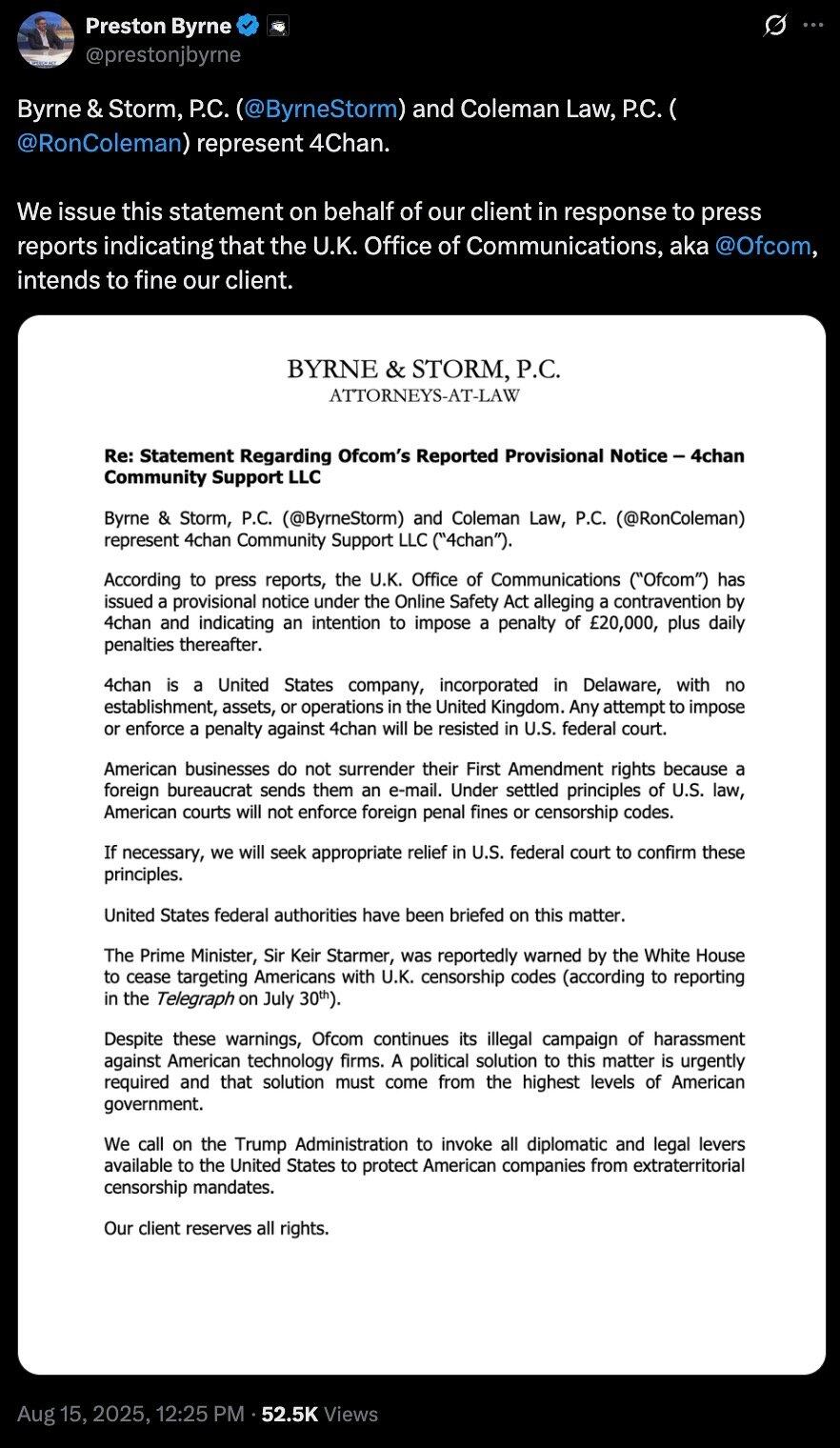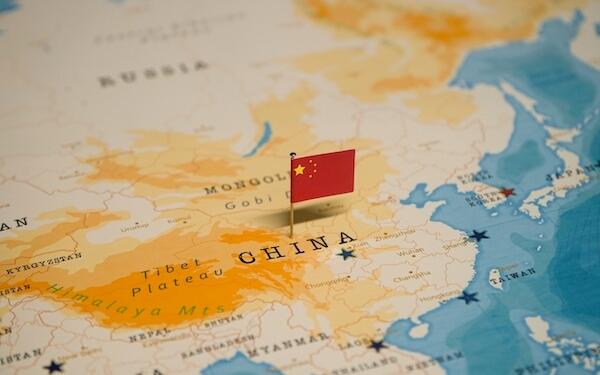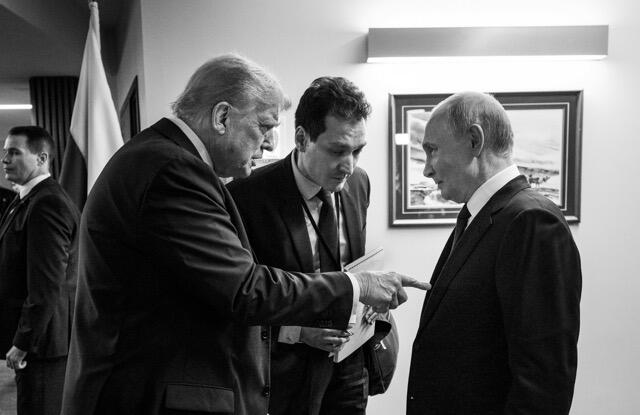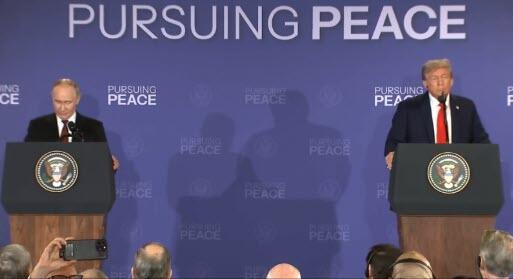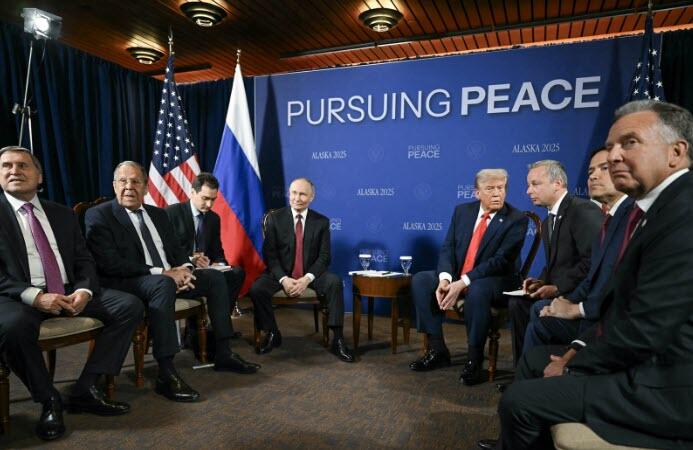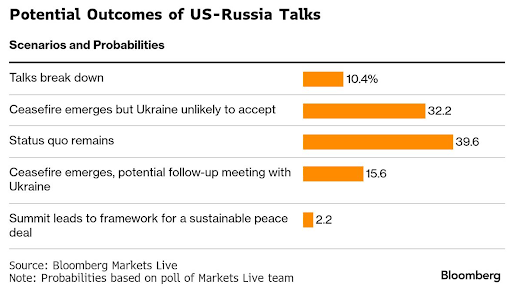Not just Covid, the whole pharmaceutical edifice is a scam. And then what else?
The closer you look, the worse it is. Long periods of peace tend to result in compromised institutions. People find ways to circumvent laws faster than new laws can be implemented, and that is provided the system wants to reform itself which by and large after a while it doesn't.
The first democratic republic in Athens did not survive Pericles long. But although democratic institutions are especially subject to rot, others are little better. We are right now seeing this process of degradation in Europe as we speak. Below is the example of the US.
Authored by Attorney Bobbie Anne Cox 'Knowledge is Power' Substack,
We are living in a point in history where so many, if not all, of the foundational pillars of our society are being questioned. In some cases, those pillars are almost wholly being cast aside. Once the cornerstones of our American backbone, we are finding ourselves doubting it all as we ask ourselves and one another… Can the government truly be that corrupt? Are the courts actually compromised? Are major media outlets really just mouthpieces for propaganda? Is modern medicine a sham?
It is difficult for people to question what they have known all their life to be something that is “good” or “honest” or “reliable”. Why would you doubt the things that everyone around you (including your trusted friends and beloved family members) are telling you are true, and pure, and good? Of course the government is there to protect us. Of course the legal system is designed to uphold our righteous laws and defend liberty. Of course the newscaster on the TV is telling us the truth. Of course the drugs our doctors prescribe to us are there to help us get well.
As hard as it is to question societal norms, it is even more difficult to do something about it. Indian author, Arundhati Roy, has said:
“The trouble is that once you see it, you can’t unsee it. And once you’ve seen it, keeping quiet, saying nothing, becomes as political an act as speaking out. There’s no innocence. Either way, you’re accountable.”
In questioning traditional, stalwart institutions, we find ourselves standing on the precipice of a rabbit hole so large and deep, it is better likened to a meteoric crater than simply a hole. There are so many craters all around us now - the government crater, the legal crater, the medical crater, the media crater, and so on. These craters are appearing one after the next, in parallel formation, and like Dominos, if one begins to fall, the chain reaction of full scale collapse is undeniable.
Let us, for a moment here, peer over the ridge of one of these craters as we ask ourselves…
Is modern medicine a sham?
Let’s first look at the learned, societal norm… When most people hear the word “medicine”, their mind immediately forms a positive opinion and thinks, “This will help me feel better and get well”. Like Pavlov’s dog, we have been trained to correlate medicine with the thing that cures your sickness when you are ailing. You have a malady, you go to the doctor, they give you medicine, and it will fix the malady from which you are suffering and restore your health. Right? Ehhhh, well, ummmm, not exactly. Sadly, in today’s world, “health” has become synonymous with “medicine”, and medicine has become an industry - and not just any industry. It is behemoth!
Did you know that the largest lobby we have in the United States is the pharmaceutical industry? It is the largest, by a long shot, as it solidly towers over all of the others. Let me share some numbers with you. Pharma spends approximately $380,000,000 (three hundred eighty million) every year lobbying Congress. To give you some perspective, the second largest lobby industry in our nation is the electronics manufacturing industry, and it spends about $250,000,000 million a year lobbying Congress. The third largest is the insurance industry which spends about $150,000,000 million a year lobbying Congress. All the other industries that lobby simply pale in comparison. These statistics alone reveal so much.
And so, health (which used to mean how well your body functions in relation to other natural interactions and happenings like sufficient sunlight, fresh water intake, clean air, sufficient sleep, what you eat, and how much you exercise) now means medicine. When you go to the doctor, do they ask you how much water you drink and the amount of sunlight you absorb every day, or do they ask you what pills you are popping? Whether because of the C-19 debacle, or perhaps through osmosis, the medical industry has recently garnered a reputation of being untrustworthy and ineffective - two adjectives that can surely take down the entire industry once they hit a critical breaking point in numbers of non-believers.
Let’s look at someone’s real-life example as a case study. Let’s look at mine. Quick caveat that I am of course not offering medical advice of any kind, but instead simply sharing my recent experiences.
A week or so ago I had to have surgery. I was informed that the procedure required general anesthesia and a couple weeks of “down time” thereafter to help with recovery. So the day of my surgery, as I sat in pre-op and the nurse prepped me, part of that prepping was her explaining to me all of the medications I would be taking post-surgery... all SIX of them. Thereafter, the anesthesiologist came in to speak with me, and then finally my surgeon came in to see if I was ready to go. He asked, “Are you all set? How are you feeling?” To which I replied that I was rather unnerved by the plethora of drugs the nurse said I would be on for several days following the procedure. There was one drug for pain, then another drug for “intense pain”, then another drug for bacterial growth, then another one for nausea, then a couple other topical applicants, etc. That was, of course, in addition to the anesthesia and antibiotic I would be getting during the surgery. So, I told my surgeon I didn’t want any of the post-op meds! He asked me why not… after all, they’re supposed to make you feel better.
Let’s realize that, at this point most people would have bowed to the “authority” of their doctor and the almighty medicine, and agreed to the battery of drugs being pushed on them. I will admit that I too would have caved but for the fact that I had, not long before this, experienced the industry’s heavy hand upon me in a post-op situation, which caused terrible results. So, I explained to my surgeon that the last time I had surgery, the doctor had prescribed me NINE medications to take post-op for 1-2 weeks. I went on to explain that in that episode I was a “good patient”, and I took the leviathan of medications prescribed to me for pain, nausea, bacterial growth, immune response, blah, blah, blah, which then wreaked untoward havoc on my body. My whole system went into overload mode as I was hit with a tsunami of negative issues - skin rash, muscle lethargy, nerve tingling, swelling, joint discomfort, gut issues, and so on. The debilitation was so great, I took myself off each medication one by one, despite my surgeon and/or his nurse repeatedly telling me in their overtly obvious you-should-really-listen-to-me tone, that I “should really stay on these medicines for the full course prescribed.”
At the end of my tale, my surgeon looked at me and without the slightest hint of sarcasm or elitism said, “No problem. If you don’t want to take the medicine I prescribe, then don’t. It’s up to you.” I was stunned. Instead of giving me a guilt trip or heavy handed warnings (as my prior surgeon had given me), he was genuinely telling me that I could choose which medications to take, if any at all. The stark contrast struck me immediately. Was this a cloaked admission that he knew the drugs weren’t necessary, but were instead a glaring example of the pharmaceutical industry stronghold that has creeped into modern medicine? Or was it because this surgery wasn’t as long or as invasive as my prior surgery? Or was it something else altogether? I don’t know. But I do know that my post-op experience with last week’s surgery was a walk in the park compared to my highly medicated, post-op experience with the prior surgery.
I will again reiterate here that I am not giving medical advice, nor am I suggesting that you should disregard your doctor’s medical advice. I am in no position to do either of those things. Instead, I share a real life experience to explain to you how I’ve seen something I cannot unsee: One medical professional pushed me to take an obscene amount of drugs post-op (and I suffered greatly), whilst this other medical professional said I needn’t take any post-op medications (and I used only two topicals, sparingly, and I suffered not at all).
Some may say it’s luck. Others may say it’s divine intervention. Still others will say it’s so obvious, the writing is on the wall. And so I ask, do you think that modern day medicine is a sham?

